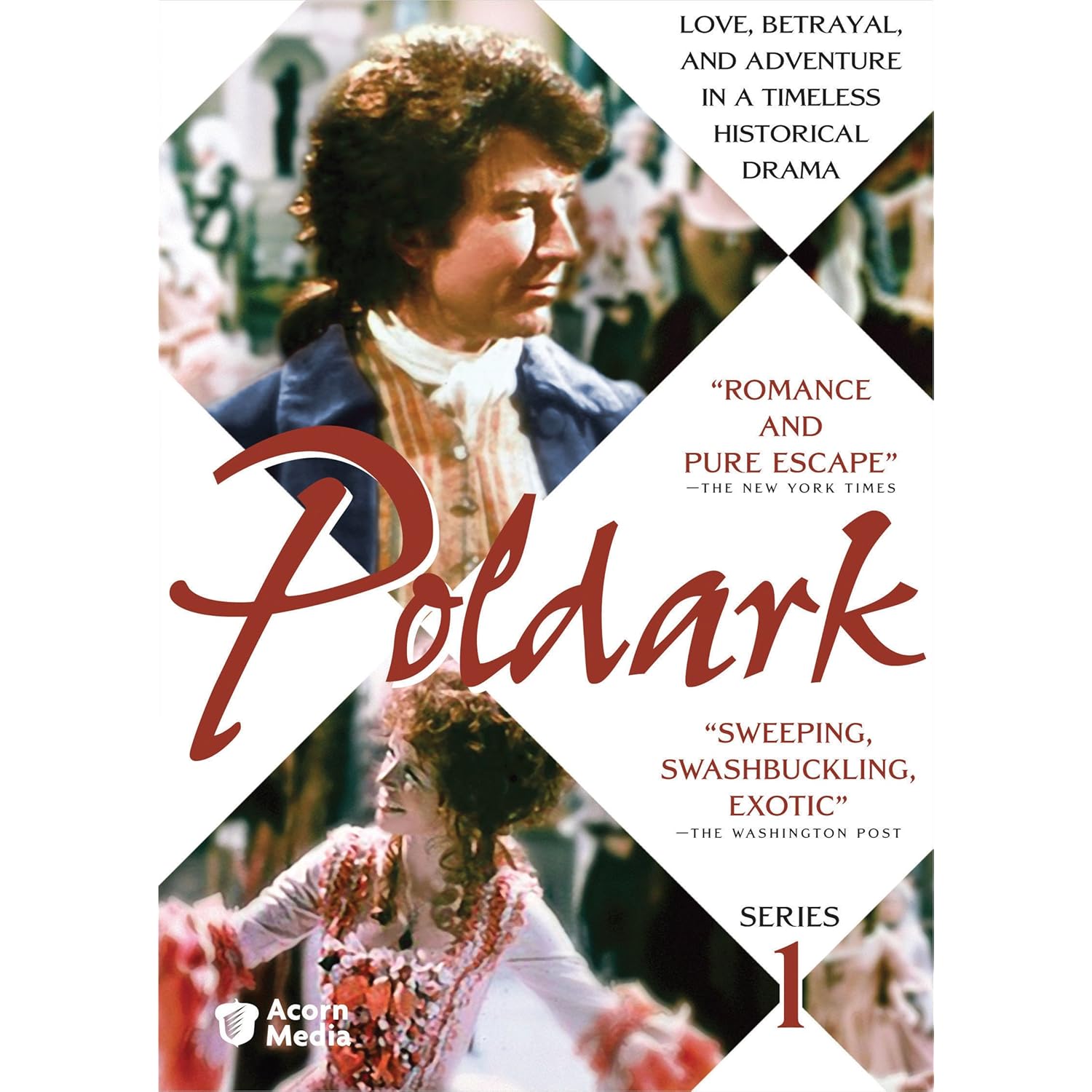

He stands for decency, for the rights of man. Distinction of class was not absent it was understood so clearly that nobody needed to emphasise it but … polite convention was not allowed to stand in the way of common sense.” “The Poldarks had always been on good terms with their tenants. But as soon as he returns, we realise he is not only good-looking but also good.

His inner monologues are troubled and his dialogue argumentative. He is not averse to a pretty whore or an evening gaming and drinking. This is a man with a past, who has left his native Cornwall to fight in the American revolution under the shadow of gambling debts and an assault on an excise officer. His qualities are all laid out in Graham’s novels, to which Debbie Horsfield’s pacy adaptation is remarkably faithful. Ross Poldark is – whether it is Robin Ellis or the dashing Turner who is putting on or taking off the flouncy shirt and the jaunty tricorn hat – the embodiment of an ideal Englishman. But in all other respects the impact of Poldark in 2015 is exactly the same as its effect 40 years ago, and springs from a deep British affection for a nobleman with a heart of gold, an aristocrat who cares.

It’s a gratifying sign of how far we have come that it is Aidan Turner’s rippling pecs rather than Rees’s heaving bosom that is keeping a nation in thrall. If the comments on social media are any guide, then this is the night that men do anything they long to get away with (my boys stalk out muttering “We’ll leave you with your Cornish crap”), while their womenfolk (you begin to speak Poldark once you start watching it) remain glued to the television and to a romantic protagonist who seems to have trouble keeping his shirt on. Now, all these years later, the same Sunday night spell is being cast on up to 7 million households. But there was something magical in the BBC’s first adaptation of Winston Graham’s long series of novels, something more than the tang of the sea and the dash of a handsome hero. Truth be told, I don’t really recall now much of what entranced me: my childish memories are a blur of high leather boots, passionate stares and Angharad Rees’s tumbling tresses. The fact that I could barely draw is an indication of how firmly Poldark fever had me – and countless others like me – in its grip. I n the mid-1970s, I spent a summer sitting on the olive moorland that rolls along the Cornish coast, sketching picturesque ruins of tin mines.


 0 kommentar(er)
0 kommentar(er)
